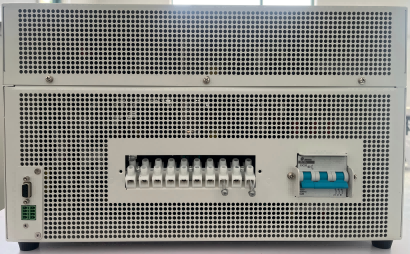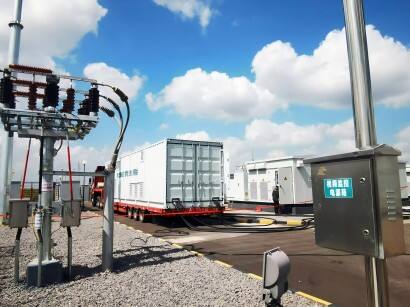photovoltaic inverter
A photovoltaic inverter is a critical component in solar energy systems, serving as the bridge between solar panels and usable electricity. This sophisticated device converts direct current (DC) generated by solar panels into alternating current (AC) suitable for home appliances and the power grid. Modern photovoltaic inverters incorporate advanced features such as Maximum Power Point Tracking (MPPT), which continuously optimizes solar panel performance by adjusting voltage and current levels. These inverters also provide comprehensive monitoring capabilities, allowing users to track energy production, system efficiency, and potential issues in real-time through smart device integration. Safety features include rapid shutdown mechanisms, ground fault protection, and anti-islanding technology to prevent power feedback during grid outages. The technology has evolved to achieve efficiency rates exceeding 97%, minimizing energy loss during conversion. Photovoltaic inverters come in various configurations, including string inverters for larger installations, microinverters for individual panel optimization, and hybrid inverters that integrate battery storage capabilities. Their applications range from residential rooftop solar systems to large-scale commercial installations and utility solar farms, making them versatile solutions for renewable energy integration.




